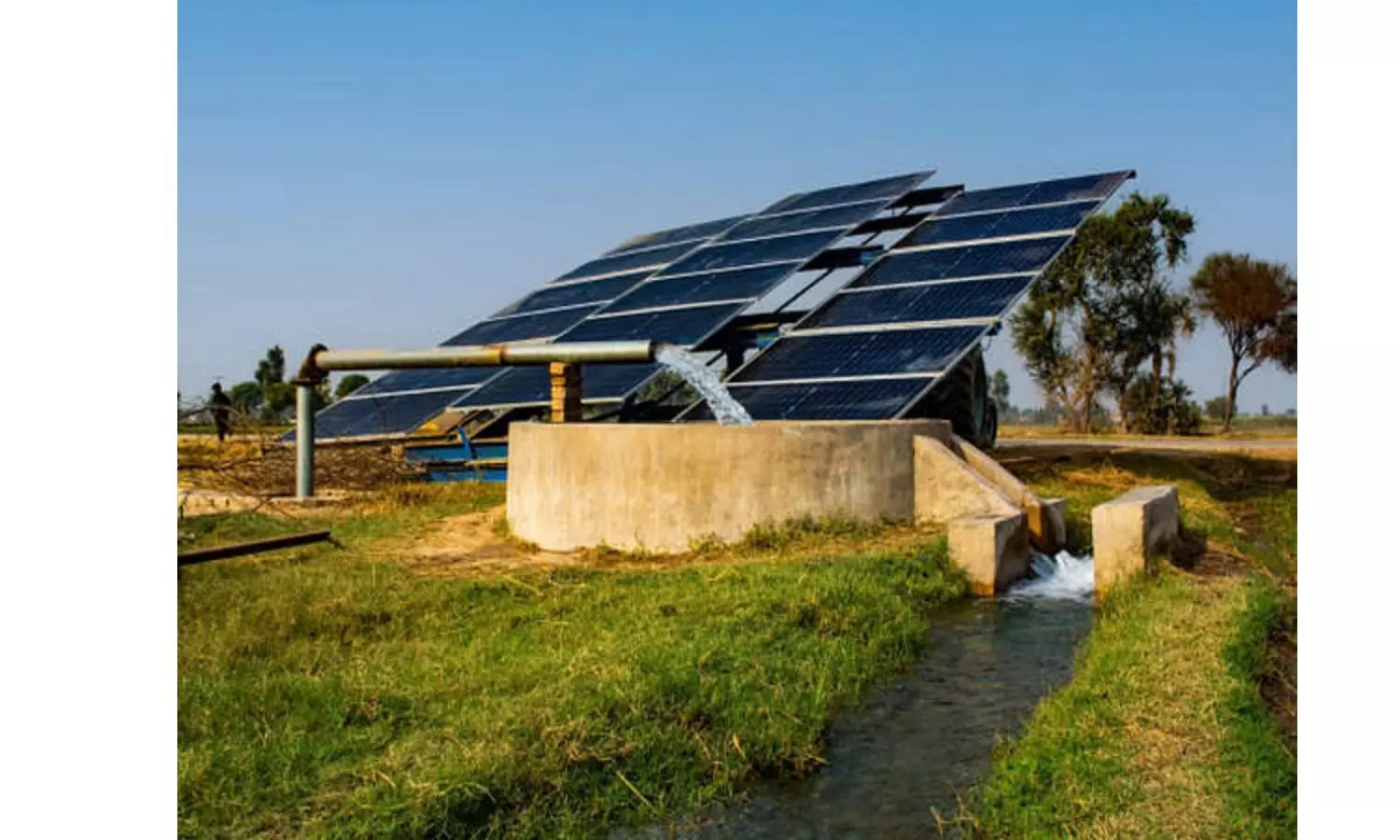India overtakes Japan as 2023’s third-largest solar generator
India's remarkable rise in solar energy surpasses Japan to become the world's third-largest solar power generator.
image for illustrative purpose

India rapidly increased its solar energy use, surpassing Japan to become the world's third-largest solar power producer in 2023. A recent report by Ember, a global energy think tank, revealed this shift. Just eight years prior, in 2015, India ranked ninth in solar energy use globally.
Solar energy made significant strides globally, providing a record-breaking 5.5% of the world's electricity in 2023. India followed suit, generating 5.8% of its electricity from solar power that year. According to Aditya Lolla, Ember's Asia Programme director, this growth is vital not only for reducing carbon emissions but also for meeting the increasing demand for electricity and separating economic growth from emissions to combat climate change.
Solar power remained the world's fastest-growing electricity source for the 19th consecutive year, outpacing coal in new electricity production by more than twice in 2023. India saw the fourth-largest increase in solar energy generation globally, trailing behind Brazil, China, and the United States. Together, these top four countries accounted for 75% of the world's solar growth in 2023.
Ember's report highlighted that global solar generation in 2023 was over six times larger than it was in 2015. This massive growth signifies the increasing global reliance on solar energy as a sustainable power source.
Looking ahead, the International Energy Agency predicts that solar energy could constitute 22 percent of global electricity generation by 2030, according to its "Net Zero Emissions" scenario. This projection aligns with India's national goal to achieve 50 percent of its cumulative electric power from non-fossil fuel-based sources by the same year.
Recognising the urgent need to address climate change, India has committed to accelerating its transition to cleaner energy sources. At the COP28 climate change conference, world leaders pledged to triple global renewable energy capacity by 2030. This commitment, coupled with efforts to double energy efficiency, is essential for limiting the average global temperature rise to 1.5 degrees Celsius, a crucial target set to mitigate the adverse impacts of climate change.

